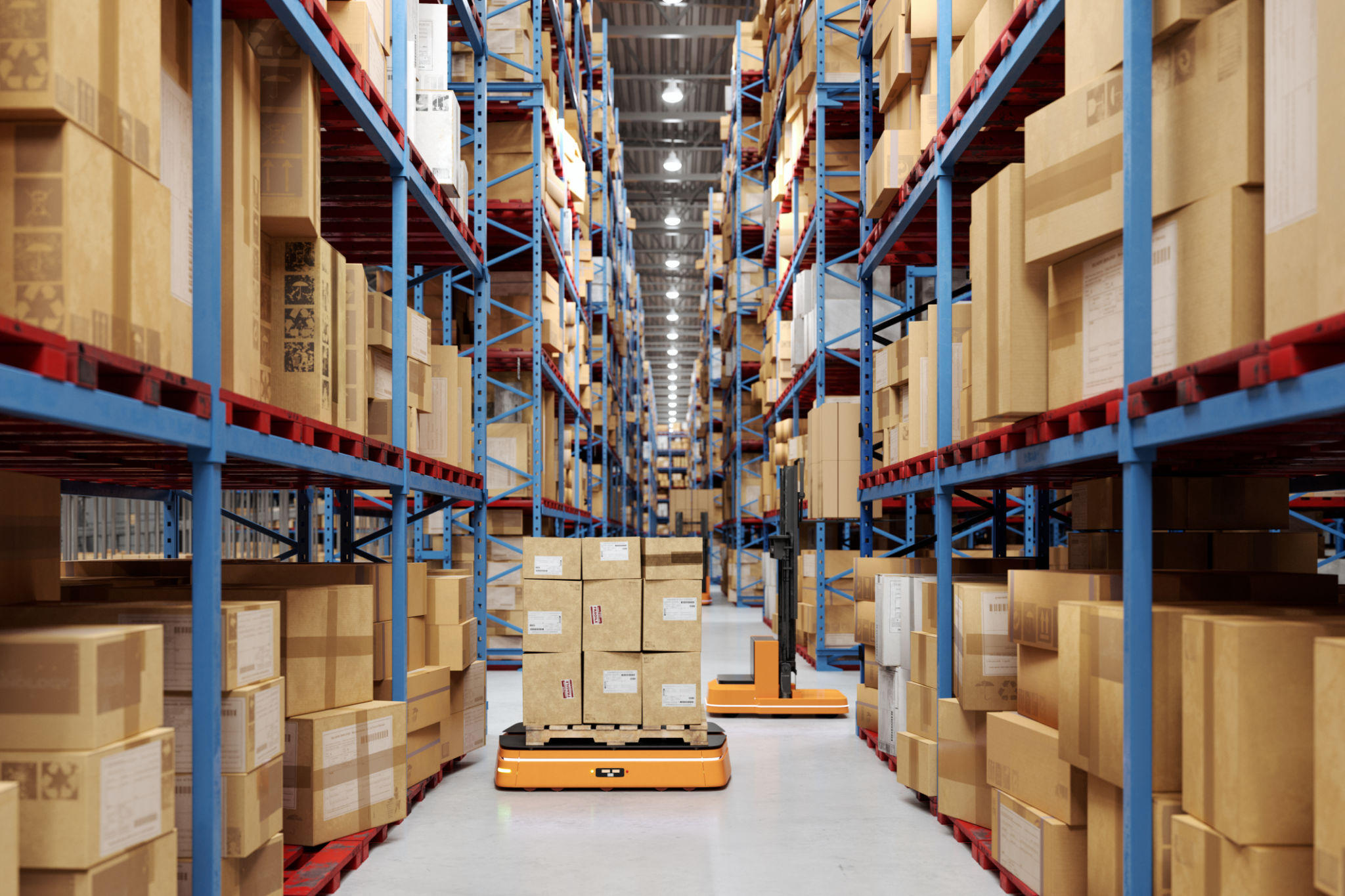The Role of Technology Trends in Revolutionizing Freight Management
T4
Understanding the Impact of Technology on Freight Management
In recent years, the freight management industry has undergone a significant transformation, largely driven by advancements in technology. These innovations have not only streamlined operations but have also enhanced efficiency and reduced costs. As businesses strive to meet the growing demand for faster and more reliable delivery services, staying abreast of technology trends is crucial.

Automation: The Backbone of Modern Freight Operations
Automation plays a pivotal role in revolutionizing freight management. From automated warehouses to robotic process automation (RPA) in logistics, this technology trend is reshaping how goods are handled and transported. By minimizing human intervention, automation reduces errors and accelerates processes, enabling companies to handle larger volumes of freight with ease.
Moreover, the integration of automation in freight management systems allows for real-time tracking and monitoring of shipments. This not only improves transparency but also enhances customer satisfaction by providing accurate delivery estimates. As businesses continue to leverage automation, they are better positioned to meet the dynamic demands of the market.
The Rise of IoT in Freight Management
The Internet of Things (IoT) has become a game-changer in freight management. IoT devices provide real-time data on the condition and location of goods throughout the supply chain. Sensors embedded in vehicles and cargo containers offer insights into temperature, humidity, and other environmental factors, ensuring that sensitive goods are transported under optimal conditions.

Furthermore, IoT-enabled systems facilitate better route planning and fleet management. By analyzing traffic patterns and road conditions, these systems help in optimizing delivery routes, reducing fuel consumption, and minimizing delays. This technological advancement not only enhances operational efficiency but also contributes to sustainability efforts by lowering carbon emissions.
Blockchain: Enhancing Security and Transparency
Blockchain technology is increasingly being adopted in freight management to enhance security and transparency. By creating a decentralized ledger of all transactions, blockchain ensures that data is tamper-proof and easily verifiable. This is particularly beneficial in preventing fraud and ensuring compliance with regulatory standards across the supply chain.
Additionally, blockchain facilitates seamless collaboration among different stakeholders in the logistics process. It enables secure sharing of information between suppliers, carriers, and customers, thereby fostering trust and improving overall efficiency. As blockchain technology continues to evolve, it holds the potential to revolutionize the way freight operations are conducted.

Artificial Intelligence: Driving Intelligent Decision-Making
Artificial Intelligence (AI) is another technology trend that is transforming freight management. AI-powered algorithms analyze vast amounts of data to provide actionable insights, enabling businesses to make informed decisions. From demand forecasting to inventory management, AI helps companies optimize their supply chain operations.
Moreover, AI enhances customer service by enabling predictive analytics. By anticipating potential disruptions in the supply chain, businesses can proactively address issues and maintain high service levels. As AI technologies continue to advance, their applications in freight management are expected to expand further.
Conclusion
The role of technology trends in revolutionizing freight management cannot be overstated. As automation, IoT, blockchain, and AI continue to evolve, they offer unprecedented opportunities for enhancing efficiency, security, and transparency in logistics operations. Businesses that embrace these technologies are well-equipped to thrive in a competitive landscape and meet the ever-evolving demands of their customers. By staying ahead of these trends, companies can ensure their freight management processes remain cutting-edge and resilient.
